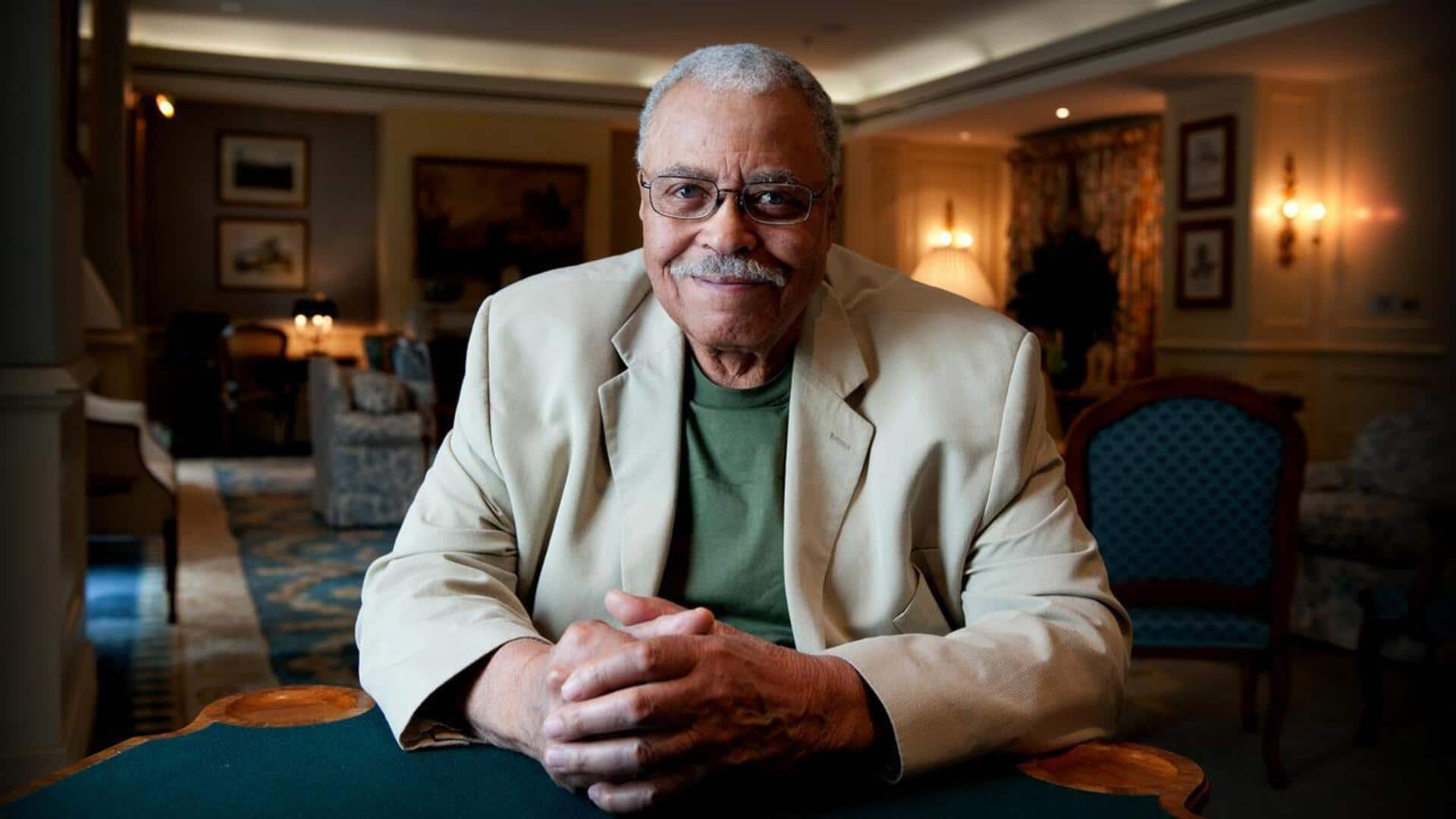
How Darth Vader's voice actor conquered stuttering
What's the story
James Earl Jones, the actor who lent his voice to iconic characters such as Darth Vader in Star Wars and Mufasa in the hit The Lion King, passed away on Monday. Before achieving stardom, Jones battled a severe stuttering problem that began when he was six years old. Despite this challenge, he went on to have a successful career spanning over 60 years. Here, we explore his legacy.
Early life
Jones's early life and struggle with stuttering
Jones was born on January 17, 1931, in a shack in Arkabutla, Mississippi. His father, Robert Earl Jones, left his family to pursue a career as a boxer and later as an actor. At the age of six, Jones moved to his grandparents' farm near Manistee, Michigan. In his autobiography Voices and Silences, he described this transition as a heartbreaking event that triggered his stuttering.
Overcoming stuttering
Jones's journey to overcome stuttering
Jones's severe stuttering led him to remain virtually silent for years, communicating through handwritten notes. His high school teacher, Donald Crouch, discovered that Jones wrote poetry and encouraged him to read one of his poems aloud in class. This event marked a turning point in Jones's life. "When I learned how to talk, the best advice my teacher gave me was: Don't listen to yourself. Don't listen to the tones you make, because you might be impressed by it."
Acting career
Jones's acting career and achievements
Jones made his Broadway debut in 1958 in the play Sunrise at Campobello. Despite his stuttering, he went on to have a successful career, winning numerous awards including three Emmy Awards, two Tony Awards, a Grammy, and an honorary Academy Award. He is best known for his vocal performances as Darth Vader in Star Wars and Mufasa in The Lion King.
Views
Jones's views on stuttering
Despite his successful career, Jones admitted to still being a stutterer. In a previous interview, he stated, "Sometimes I guess our vocabulary might be a little larger than it would ordinarily have been because we have to find the word we won't trip on, or that begins with the right consonant." This statement reflected his determination to overcome his speech impediment and achieve success in his career.